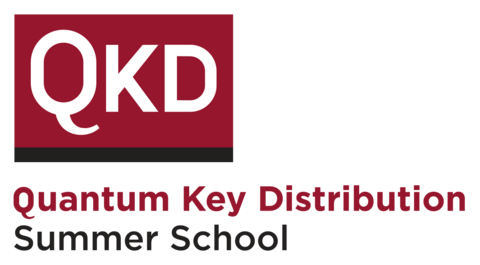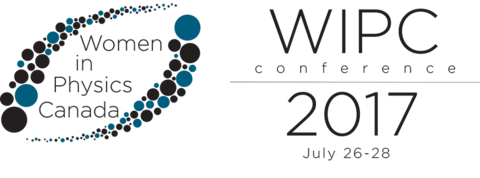Colloquium: Milena Grifoni
Probing light-matter entanglement in the non-perturbative regime of a strongly driven spin-boson system
Milena Grifoni, University of Regensburg
The spin-boson model is an archetype model to study the impact of a thermal reservoir on the coherent dynamics of a two-level quantum particle. When the coupling between qubit and environment crosses a threshold, a transition from coherent to incoherent tunneling between the two qubit eigenstates occurs. At even larger coupling, the dynamics is fully quenched, signaling a strong entanglement of the qubit with the reservoir’s continuum.

